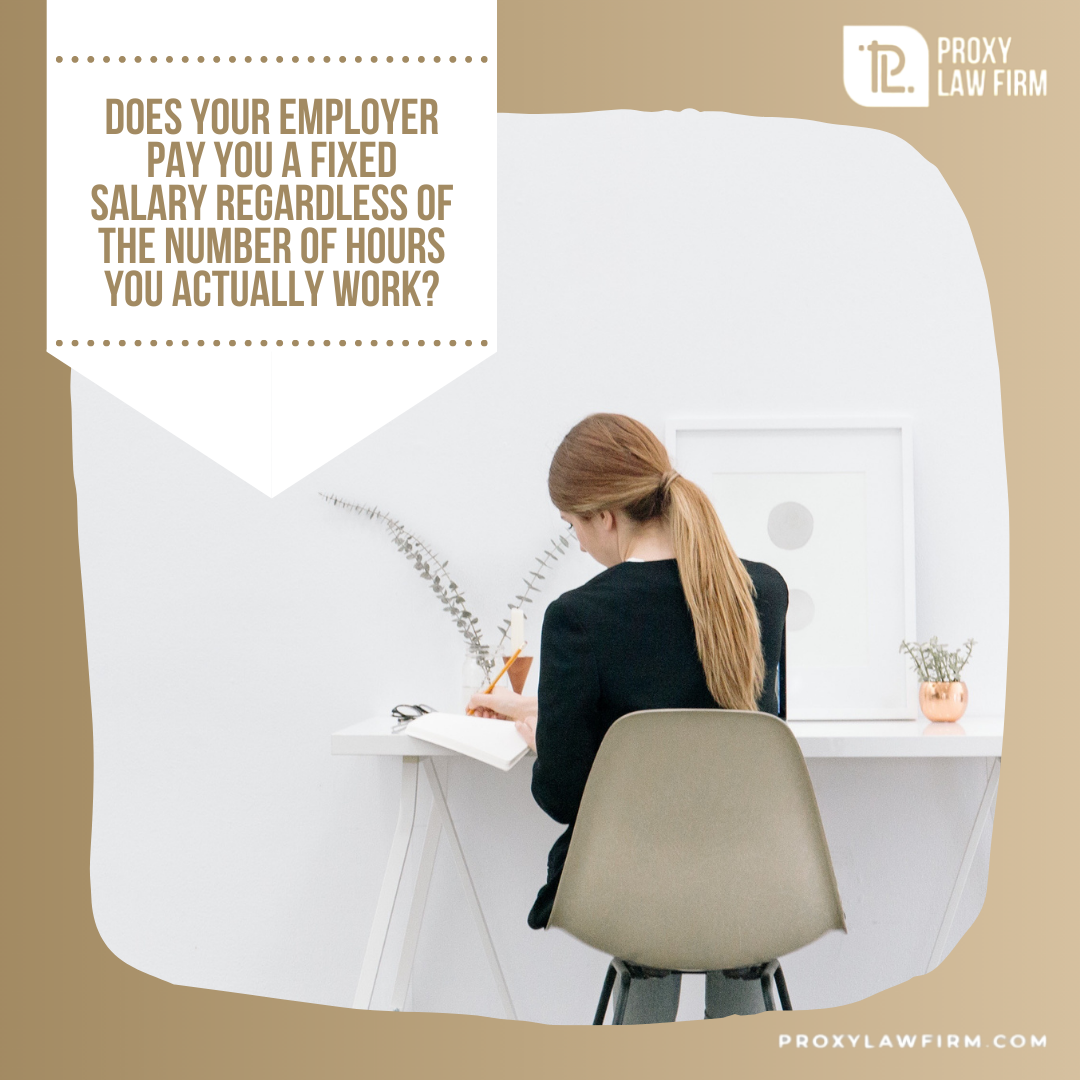Certain employers try to cheat the system in order to save money. One of these ways is by misclassifying employees as “exempt.” Others employers may pay attention to their operation, but may unintentionally make a mistake. Whatever the reason, misclassified employees may be missing on benefits and payments they deserve by law. It’s essential to determine whether or not you are being misclassified!
What Are the Differences Between Non-Exempt & Exempt Employee Status According to California Laws, and How Do You Know Which You Are?
Non-Exempt Employees:
Non-exempt employees are paid the minimum wage or more. In California the minimum wage is $13.00 per hour for businesses with 25 or fewer employees and $14.00 for businesses with more than 26 employees. In Los Angeles, the minimum wage is $14.25 for businesses who have less than 25 employees and $15 per hour for businesses who have more than 26 employees.
Also, they are entitled to overtime pay. California laws establish one-and-a-half times the regular hourly rate of pay for:
- More than 8 hours in a single workday
- More than 40 hours in a single workweek
- The first 8 hours worked on the seventh consecutive day of work in the workweek
Also, twice the regular pay is required for:
- More than 12 in a single workday
- More than 8 hours on the seventh consecutive day of work in the workweek
For an easier way to determine if you are exempt or non-exempt, you should look at exempt classifications. If your duties don’t fall into one of the exempt categories (listed below), then you are likely non-exempt.
Exempt Employees:
To qualify as exempt, specific conditions should apply:
#1 Salary Basis
You should be compensated on a salary basis or fee basis of at least twice the state minimum wage for full-time employment. This is approximately a rate of at least $1040 a week or $4,160 per month.
#2 White Collar Duties Test (White Collar)
Your main tasks must consist of administrative, executive, or professional duties. California law requires that more than half of the working hours are devoted to these main tasks.
Administrative employees are considered the ones dedicated to general business operations when they assist in running the business. Executive employees should manage a business or one of its departments, direct the work of two or more people, and have the power to hire and fire employees. Professional employees are licensed (law, medicine, dentistry, optometry, architecture, engineering, teaching, accounting), learned(science or specialized studies), or creative professionals (artistic, creative fields).
This will make you exempt from certain rights, such as the right to overtime compensation and the right to 10-minute breaks.
#3 Discretion and Independent Judgment
If you make and implement important decisions and are free from immediate direction or supervision (even when someone above you has the authority to override the decision).
Apart from jobs meeting these three conditions, some specific jobs apply to exemptions, such as:
- Surgeons, physicians
- Computer professionals
- Private school teachers
- Door-to-door salespersons
- Truck drivers
- Commissioned employees
- Union employees





